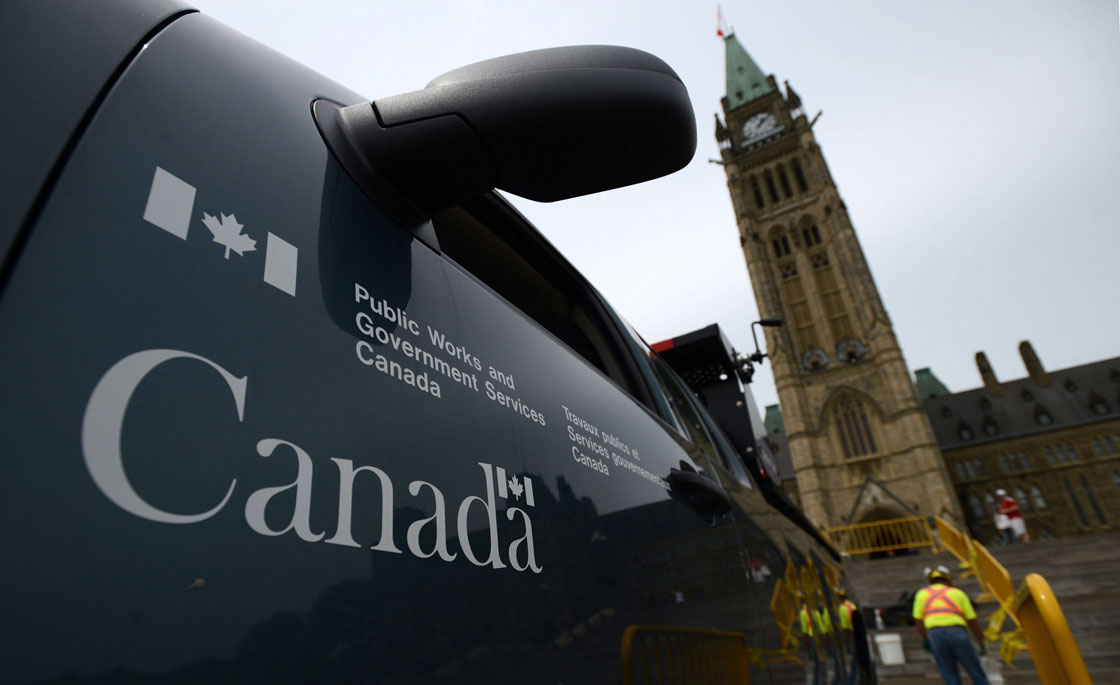The road to recovery in Alberta is expected to be long and costly. And with no coverage for overland flooding from private insurers, it looks inevitable it will fall to the federal government to shoulder a good chunk of the financial burden through the Disaster Financial Assistance Arrangements program (DFAA).

Set up in 1970 to cover a multitude of restoration costs insurance companies won’t, the DFAA is Ottawa’s main financial means of getting disaster-stricken areas back on their feet. The program has doled out $2 billion since its inception, including $50 million to Manitoba last year to pay for costs incurred during re-building efforts following floods in 2011.
Provinces are responsible for gathering claims and submitting them to Ottawa for reimbursement. Individuals must seek out damage appraisals to property to qualify for assistance (more details here).
Here’s as look at what’s covered and what’s not:
INDIVIDUALS AND FAMILIES
COVERED
- Debris clean up, removal of hazardous waste.
- Mould caused by the flooding.
- Furnishings, appliances and clothing “of an essential nature to individuals and families.”
- Repair or replacement of lawnmowers, snow blowers and personal computers.
- Costs of replacing damaged equipment for vocational trades.
- Meals and accommodation expenses incurred during the immediate evacuation period.
NOT COVERED
- “Non-basic items”; jewelry, cosmetics, documents, books, recreation items, seasonal decoration items.
- Fences, unless safety is at issue.
- Food, perishable or otherwise, is generally not covered.
- Cottages or secondary residences are not eligible.
- Private roads.
SMALL BUSINESSES (defined as having more than $10,000 in sales, but under $2 million)
COVERED
- Rents paid for interim office space “are eligible for assistance for a reasonable period after the end of the disaster.”
- Clean-up costs to re-open the business.
- Landscaping, “if it is an essential element of the function of a facility,” such as a recreational facility, botanical garden or golf course.
NOT COVERED
- For those without insurance, only costs for which they couldn’t have obtained insurance will be eligible.
- Company-owned recreational property, works of art, furnishings “not essential to the restoration of the business.”
There’s been no official announcement indicating the program will be tapped. “We’ll talk about the money later but there’s a process. This has happened before in other parts of this country,” Ted Menzies, Member of Parliament for Mcleod told Global’s West Block over the weekend.


Comments